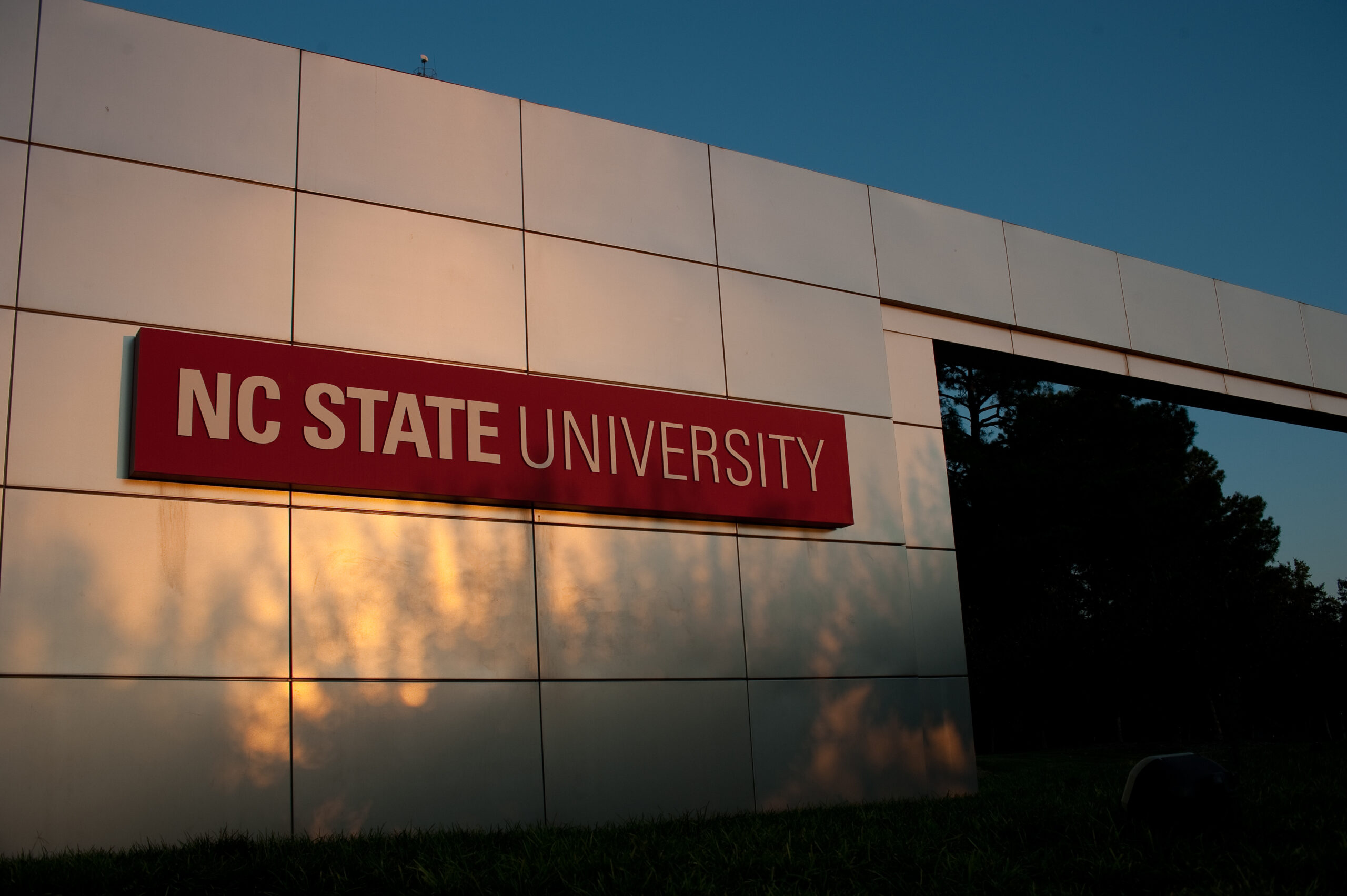
English Language Teaching Certificate Program
Teacher Training in Azerbaijan
2024 Program Overview
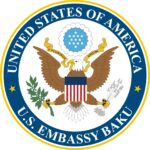
North Carolina State University is pleased to partner with the U.S. Embassy in Azerbaijan to offer the fourth iteration of the English Language Teaching (ELT) Certificate Program. This program is aimed at helping advance Azerbaijan’s goal of improving English language fluency through professional development for in-service teachers. By the end of the program, teacher participants are expected to demonstrate:
- an improvement in English language proficiency
- the ability to integrate new ideas into their state-standard curricular classes
- a capacity to build a network and share ideas with professional peers
The program’s structure and schedule have been developed for working EFL teachers who may not have access to engage in full-time or overseas study. Weekly assignments are designed for practical and immediate classroom integration.
From the Brickyard to Baku
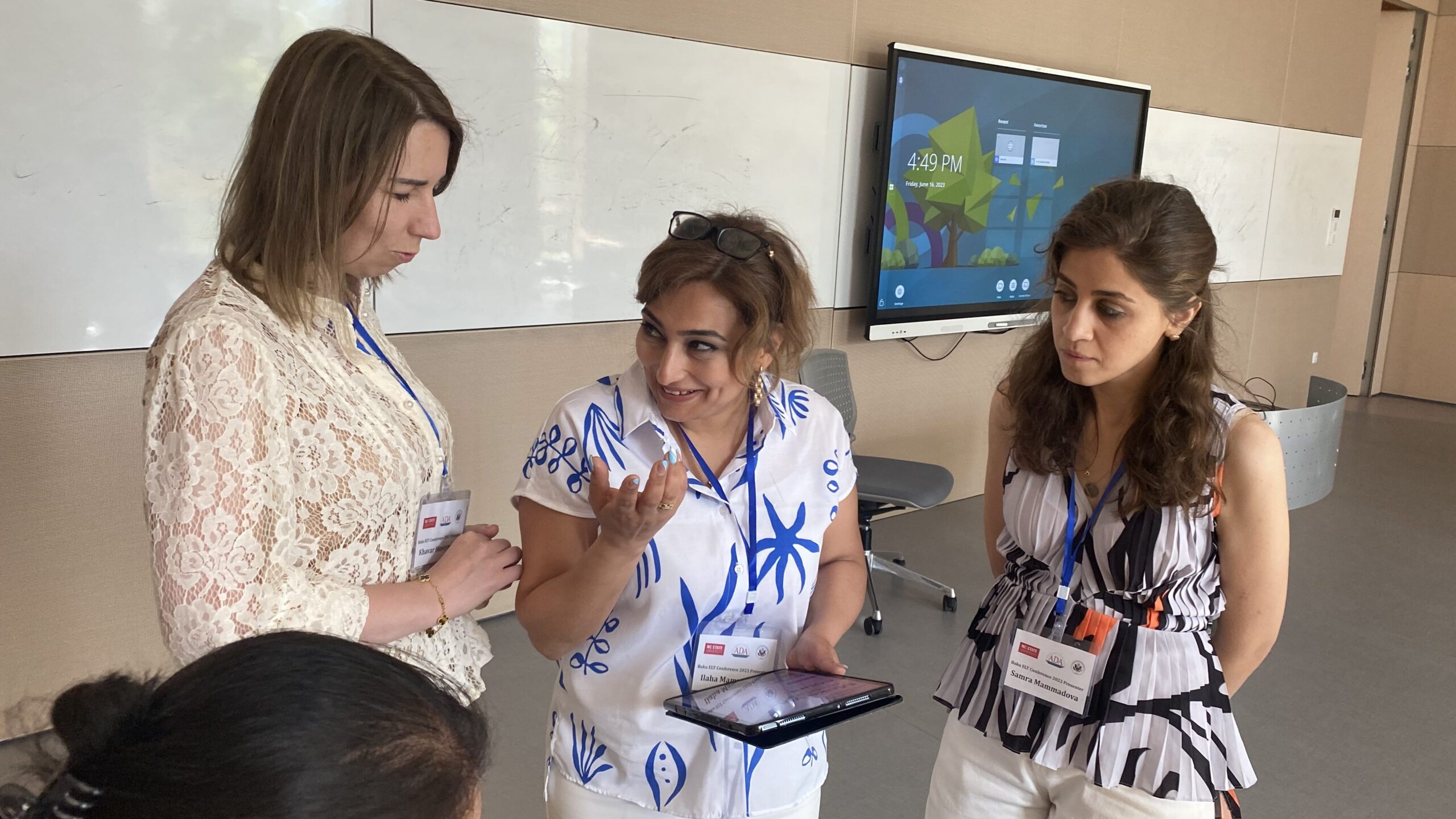
Program Schedule
Part I: English Language Training (ELT) Course (Online) from January – May 2024
teacher participants meet twice a week for:
- one (1) lecture (Mondays 7:30-9:00 p.m. AZT)
- one (1) small-group practicum experience (Wednesdays 8:00-9:30 p.m. or Thursdays 7:00-8:30 p.m. AZT).
Training Schedule Outline:
- January 22: Program Orientation; First Meetings
- January 29 through March 11: Lesson Plan 1 topics include Language Learner Theories, Lesson Planning, Classroom Management, Assessment Techniques, Listening, Speaking, Pronunciation
- March 18: Novruz Holiday No ELT Program meetings
- March 25 through April 22: Lesson Plan 2 topics include Vocabulary, Reading, Writing, Grammar, Literature, Task-based Communicative Language Teaching
- April 29 – May 20: Professional Conference Proposal Design
- May 27: Program Evaluation and Ceremony
Part II: Conference in Azerbaijan (In-Person) in June 2024
Teacher participants will work in small groups to submit a conference session proposal related to their success in implementing new ideas in the classroom. Up to 30 proposals will be selected for showcase at the 2024 ELT Conference in Baku planned for June 2024.
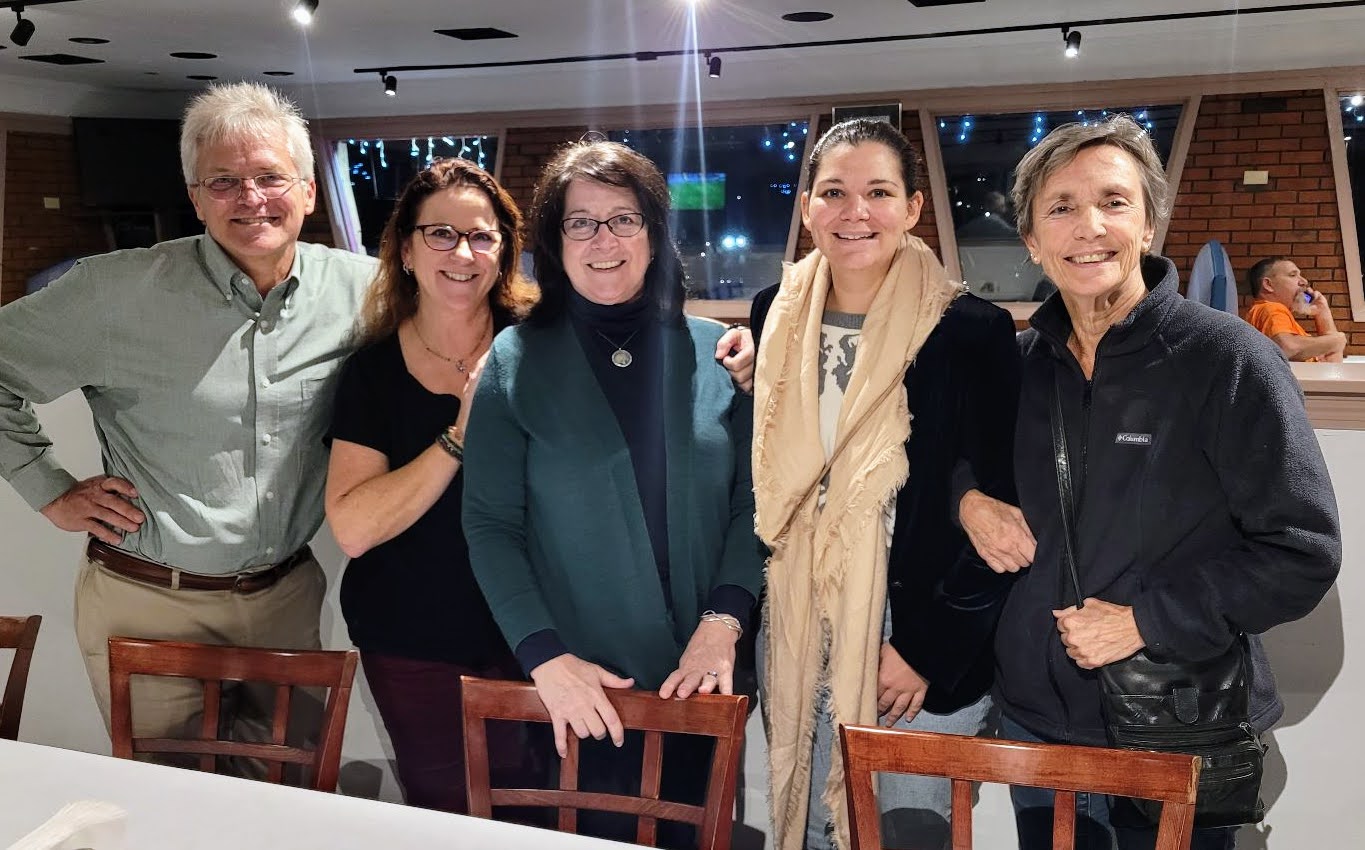
Meet the 2024 ELT Instructors
Jillian Haesler

Dr. Jillian Haeseler serves as the Academic Program Coordinator and primary instructor. She has more than 30 years of experience teaching ESL/EFL in the U.S. and abroad and has administrative experience managing ESL programs and ESL teacher training programs. She is currently the director of the English as a Second Language program in the Department of Foreign Languages and Literature at NC State University and continues her teaching, administrative, and scholarly research duties with great success. Professor Haeseler is a two-time Fulbright recipient where she provided consulting to EFL programs abroad and is a Fulbright Specialist who does consulting and training overseas in the EFL field.
Paula Wilder

Paula Wilder received her M.A. in TESOL from Greensboro College and her B.A. in English from Guilford College. She currently serves as the director of English for academic purposes and continuing education for non-native English speakers at Durham Technical Community College. Paula has been responsible for the creation and implementation of academic EFL curriculum programs at two community colleges in North Carolina and has worked as a consultant for other community colleges that are in the process of implementing their EFL programs. She is also an instructor in the TESOL certificate program at N.C. State, teaches English composition, serves as a thesis advisor, and has designed and taught Academic Writing for ELLs and TESOL: Adult Language Learners in the M.A. TESOL program at Greensboro College. Paula has also taught at Harvard University’s Institute of English Language. In 2014, Paula received the TESOL International Ruth Cryme’s Award and was a runner-up in the 2016 TESOL International Teacher of the Year Award. She has presented her research in a variety of venues, including Oxford University, TESOL, Int’l, UNC-Charlotte, N.C. Community College System Office Conferences, SETESOL, Carolina TESOL, TALGs, NCADE, and NCEI. She has also conducted teacher training workshops in Canada, Mexico, and China.
Cate Madden
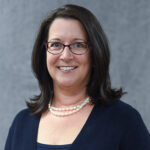
Cate Madden serves as the director of the NC State University Intensive English Program. She has worked in the field of ESL both as a teacher and program administrator for more than 25 years. In the classroom, she has had the privilege of teaching all skills involved in English language learning to all types of language learners including bilingual elementary children, university-bound internationals and business executives from around the world. Ms. Madden currently serves two professional organizations (TESOL and NAFSA) as a reviewer for national conference proposals within the field of ESL and has presented at EnglishUSA, NCAIE and Carolina TESOL conferences on the topics of language assessment and professional development.
Meet the 2024 Peer Mentors
https://airtable.com/appYsGLL7xUbRhEyx/shrAb6OFdZT2XiC1j

Applicant Info
Application questions can be directed to Becky Cibulskis (rcibuls@ncsu.edu), NC State Program Coordinator.
Applicant Eligibility
A cohort of 100 secondary-level English as a Foreign Language (EFL) teacher participants will be selected for the program. Applicants must:
- be current English language teachers (excluding teachers of other subjects who use English)
- currently work for a government school (employment verification included)
- identify as “early career” professionals (within the first 7 years of English language teaching)
- have relatively little previous experience with professional development opportunities
- be confident with spoken and written English language
- demonstrate motivation to learn and implement change into teaching practice
Priority will be given to teachers serving government schools in the regions as opposed to Baku City.
Employment Verification
Applicants are required to submit a signed document verifying their current employment as an EFL teacher at a public school in Azerbaijan. Please download the employment verification form below, and submit a signed copy in the appropriate field of the program application.
Selection Timeline
- December 11: Application Closes
- December 8: Qualified candidates invited for Group Interviews (scheduled for Dec. 13 at 20:00 or Dec. 14 at 19:00)
- December 21: Selection Notice
- January 10: Participant Enrollment
- January 22: Program Begins
Conference in Baku
The program concludes with an in-person conference in Baku each summer.